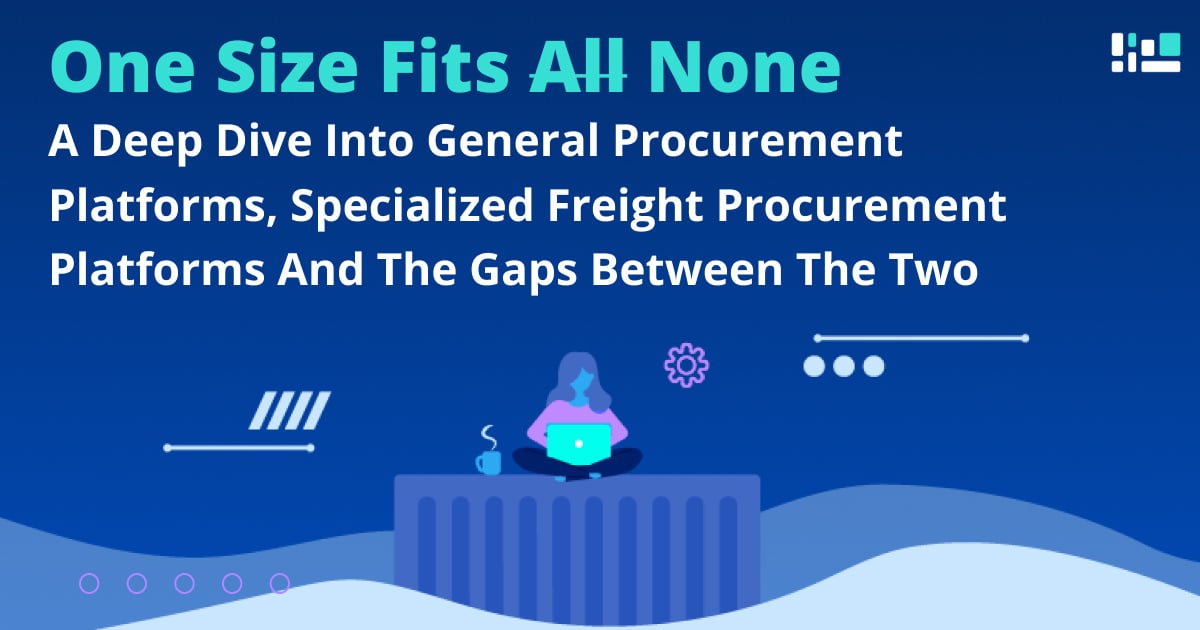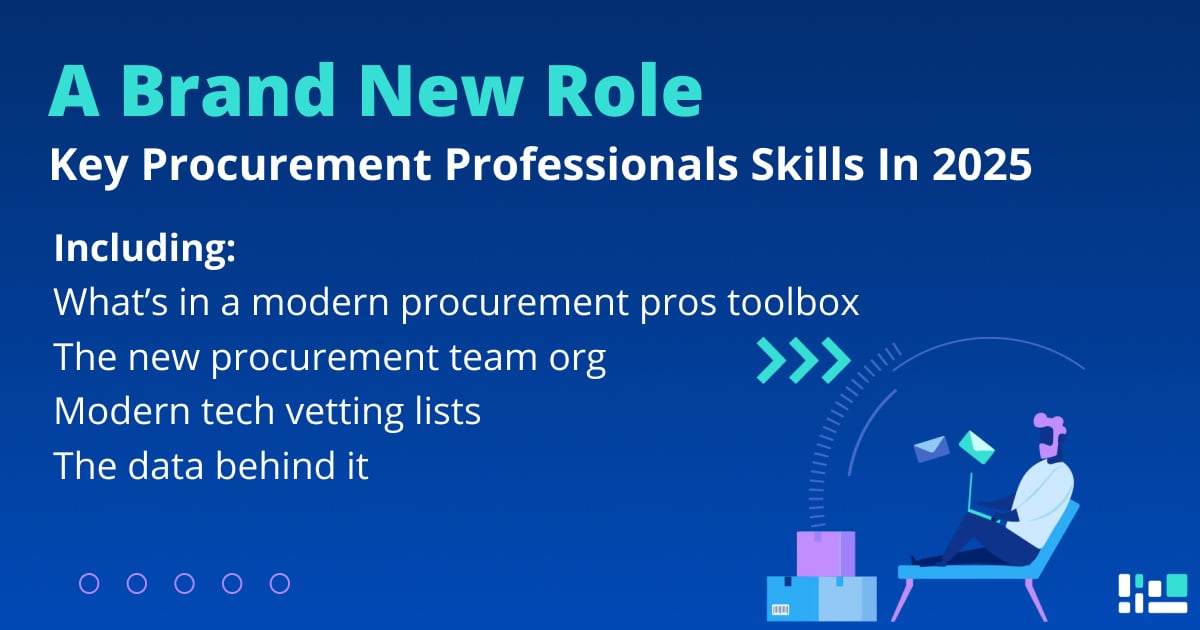Strong relationships with your best carriers are more important now than ever before – thanks to today’s low capacity and disruptive supply chain.
But could you be overlooking your top logistics carriers without realizing it?
Prioritizing the wrong companies will result in more supply chain disruptions and a less successful procurement strategy overall. Plus, you'll diminish your chance to build a close relationship with the companies that are really doing the best job. Because when you don’t recognise them – they’ll start putting others ahead of you too!
So how can you tell who your best carriers are? Here are the essential ways to track your carriers’ performance.
1. Monitor your carrier results
With disruptions ravaging supply chains, calculating your carriers’ on-time deliveries is crucial to measure how reliable your suppliers are right now. To calculate on-time deliveries, use the following equation:
Number of on-time deliveries / Number of total deliveries x 100 = % of on-time deliveries
In normal times, you would expect this figure to be high. But right now, with disruptions expected to continue well into 2022, there’s no definitive normal. Instead, track the carrier who are performing highly consistently.
To get an even clearer picture of carrier success, calculate the metric 'on time and in full' (OTIF). For this, you want to consider how many of your deliveries arrived undamaged or in an acceptable condition too. Here’s how to calculate it:
Number of on-time and undamaged deliveries / Total number of deliveries x 100 = %OTIF deliveries
This calculation is particularly useful if you are shipping perishable or easily damaged goods. As it doesn’t matter if they arrive on time if they aren't useable.
Rank your carriers by these metrics to get a clear picture of which ones are really providing the best value for money. After all, you’re better off spending a little more on a carrier who delivers your goods carefully and punctually.
2. Measure invoice accuracy
Did you know that around 10% of carrier invoices are overcharging you? That can really add up!
Carriers aren’t overcharging you on purpose – mistakes happen. But, it’s important you spot your most reliable suppliers to minimize overspending. To calculate each carrier’s invoice accuracy, use the following equation:
Number of correct invoices / Total number of invoices x 100 = % correct invoices
Your carriers should be hitting at least 90% share – anything less shows there may be deeper problems in their team.
To perform this calculation, you need a smooth, quick invoice auditing process. If your process is slow, using digital rate management tools can reduce auditing time to just seconds.
Read about how SHIPSTA’s freight calculator connects to your rate management to make invoice auditing a breeze.
3. Centralise your carrier data
To get a clear overview of your best logistics carriers, storing all their data in one easily-accessible place is essential. After all, what’s the point of capturing and analyzing your carrier data if no one in your team can access it to make data-driven procurement decisions.
Everyone in your logistics team can easily access carrier data using a digital freight procurement platform that automatically saves all your carrier pricing information. You can store the metrics for each carrier in their profile to build a full picture of their reliability vs. price.
And for the icing on the cake – you can automatically create RFQs for your top suppliers right on the platform too. So, you don’t need to jump between different platforms or programs. Learn more about how SHIPSTA's procurement platform can help you manage carriers efficiently here.
About SHIPSTA
SHIPSTA is a digital platform that connects shippers and carriers to ensure a frictionless procurement process for spot and contract buying. It automates complex tasks, provides unrivalled visibility and supports fast data-driven decision making.
Designed and built by experts in logistics procurement, SHIPSTA is bringing transparency, automation and efficiency to the global logistics industry. Some of the world's largest companies use SHIPSTA to respond to market volatility, control freight costs and manage risk. The company was founded in 2015 and is based in Mertert, Luxembourg and Hamburg, Germany



